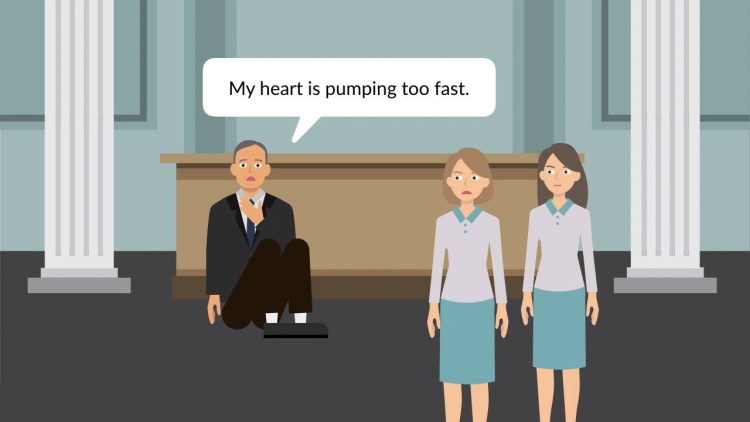People v. Stamp
California Court of Appeal, Second District, Division 3
2 Cal. App. 3d 203, 209-209, 82 Cal.Rptr. 598 (1969)
- Written by Craig Conway, LLM
Facts
Armed with a gun and a type of club called a blackjack, Jonathan Earl Stamp (defendant) and Michael John Koory (defendant) entered the General Amusement Company office and ordered its employees to gather near the front of the building. Stamp grabbed the company’s manager, Carl Honeyman, from his office and took him to where the other employees were located. Honeyman and the employees were robbed of their money and the men fled the office. Immediately after the ordeal, Honeyman had difficulty standing up, was short of breath, and rubbing his chest. After the police arrived, Honeyman informed an officer that he was feeling ill and had chest pains. Shortly thereafter, Honeyman collapsed and died of a heart attack. Stamp, Koory, and another man, Billy Dean Lehman (defendant), (collectively Defendants) were charged with first-degree robbery and first-degree murder. At trial, Honeyman’s physician, the autopsy surgeon, and cardiologist testified that Honeyman had an advanced, and ultimately fatal, case of atherosclerosis. The physicians also concluded that had it not been for the shock and fright induced by the robbery, Honeyman would not have suffered the fatal heart attack that day. Defendants were convicted under each count and sentenced to serve life in prison for the murder charge and additional time to serve for the robbery charge. Defendants appealed.
Rule of Law
Issue
Holding and Reasoning (Cobey, J.)
What to do next…
Here's why 907,000 law students have relied on our case briefs:
- Written by law professors and practitioners, not other law students. 47,100 briefs, keyed to 996 casebooks. Top-notch customer support.
- The right amount of information, includes the facts, issues, rule of law, holding and reasoning, and any concurrences and dissents.
- Access in your classes, works on your mobile and tablet. Massive library of related video lessons and high quality multiple-choice questions.
- Easy to use, uniform format for every case brief. Written in plain English, not in legalese. Our briefs summarize and simplify; they don’t just repeat the court’s language.





